Search
Search Results
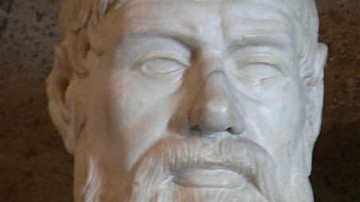
Definition
Pausanias (General)
Pausanias (c. 510 - c. 465 BCE) was a Spartan regent and general who won glory by leading a combined Greek force to victory over the Persians at the Battle of Plataea in 479 BCE. Famously immodest regarding his own talent, he was beset by...
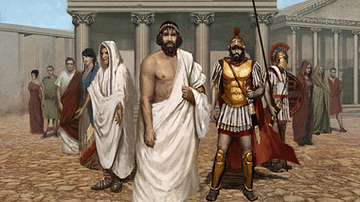
Definition
Antipater (Macedonian General)
Antipater (c. 399-319 BCE) was a Macedonian statesman and loyal lieutenant of both Alexander the Great and his father Philip II of Macedon. As a regent in Alexander's absence, Antipater subdued rebellions and mollified uprisings, proving...
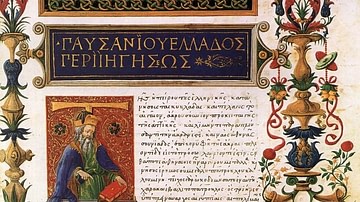
Definition
Pausanias (Geographer)
Pausanias was a Greek author, historian, and geographer of the 2nd century CE who journeyed extensively throughout Greece, chronicling these travels in his Periegesis Hellados or Description of Greece. His ten volumes of observations are...
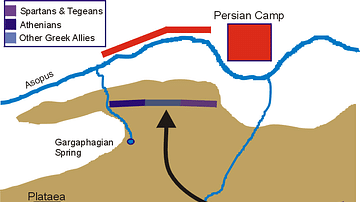
Definition
Battle of Plataea
The Battle of Plataea was a land battle between Greeks and Persians near the small town of Plataea in Boeotia in 479 BCE. Following up their naval victory at the Battle of Salamis in September 480 BCE against the same enemy, the Greeks again...
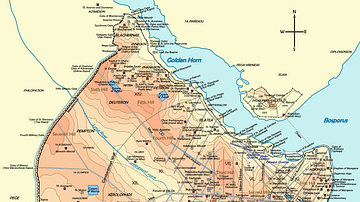
Definition
Byzantium
The ancient city of Byzantium was founded by Greek colonists from Megara around 657 BCE. According to the historian Tacitus, it was built on the European side of the Strait of Bosporus on the order of the “god of Delphi” who said...
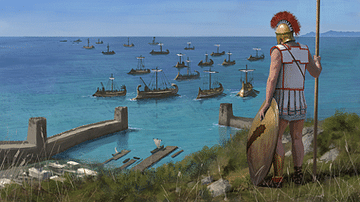
Definition
Persian Wars
The Persian Wars refers to the conflict between Greece and Persia in the 5th century BCE which involved two invasions by the latter in 490 and 480 BCE. Several of the most famous and significant battles in history were fought during the Wars...
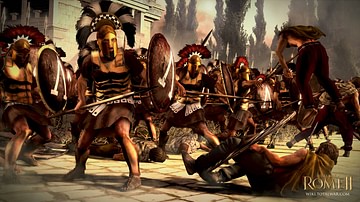
Definition
Sparta
Sparta was one of the most important city-states in ancient Greece and was famous for its military prowess. The professional and well-trained Spartan hoplites with their distinctive red cloaks and long hair were probably the best and most...
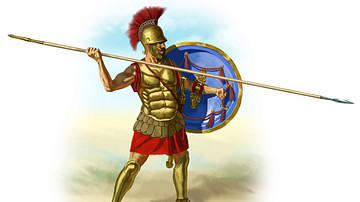
Definition
Hoplite
A hoplite (from ta hopla meaning tool or equipment) was the most common type of heavily armed foot-soldier in ancient Greece from the 7th to 4th centuries BCE, and most ordinary citizens of Greek city-states with sufficient means were expected...
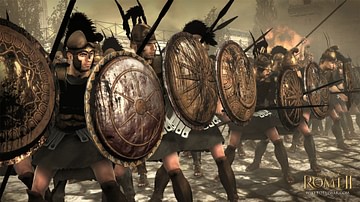
Article
The Greek Phalanx
One of the most effective and enduring military formations in ancient warfare was that of the Greek phalanx. The age of the phalanx may be traced back to Sumeria in the 25th century BCE, through Egypt, and finally appearing in Greek literature...
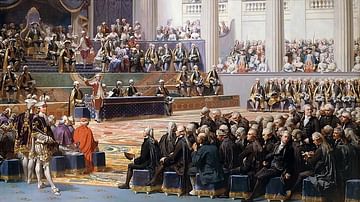
Definition
Estates-General of 1789
The Estates-General of 1789 was a meeting of the three estates of pre-revolutionary France: clergy, nobility, and commons. Summoned by King Louis XVI of France (r. 1774-1792) to deal with financial and societal crises, it ended with the Third...